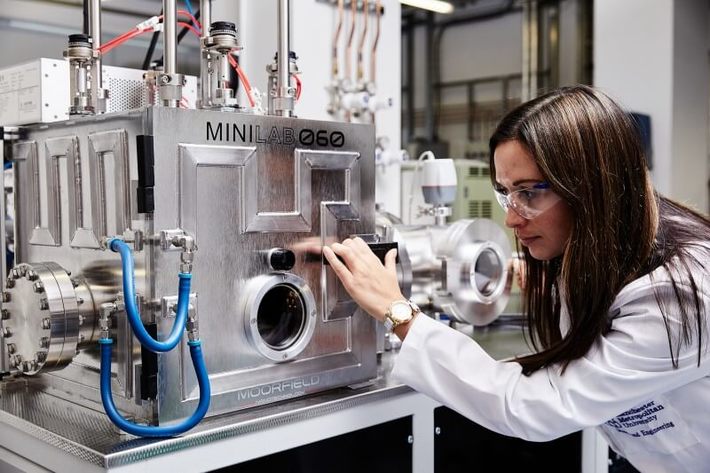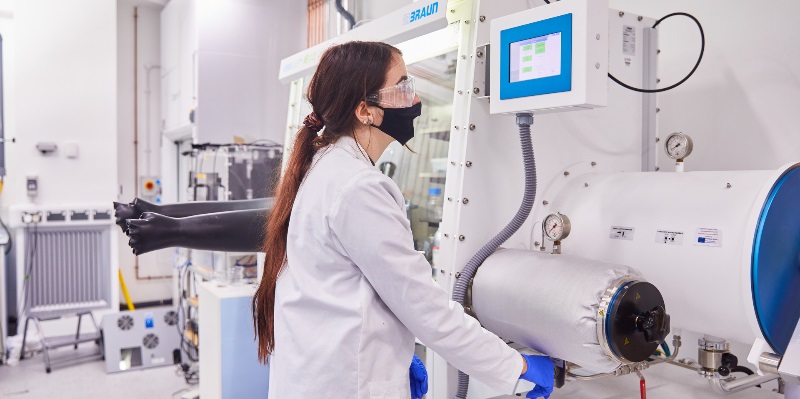News | Monday, 1st July 2019
‘No reason’ why the UK grid can’t transition to hydrogen reveals new report
There is no reason why the UK gas grid cannot safely transition from using natural gas to hydrogen, according to a report produced by the Institution of Engineering and Technology.

Natural gas is used for more than half of the UK’s energy and was responsible for almost 200Mt of carbon dioxide emissions in 2017. This eclipses the emissions produced by coal and energy power in the same year.
Hydrogen power offers a cleaner alternative to this much relied on fuel.
Using hydrogen as a fuel doesn’t contribute to harmful emissions, acid rain or ozone depletion, as the only products generated from using it are electricity, heat and water.
Therefore, by transitioning to hydrogen in the gas grid, the UK could dramatically reduce its carbon dioxide outputs and take strides towards the target of becoming carbon natural by 2050.
Although the report identified the potential for transferring to hydrogen power from natural gas, it also identified questions that need to be addressed, such as the current expense of producing hydrogen by electrolysis.
However, as Dr Ian Madley from Manchester Fuel Cell Innovation Centre states, the report may be excluding crucial considerations needed to transfer the UK’s grid system from natural gas to hydrogen.

Dr Ian Madley from Manchester Fuel Cell Innovation Centre commented that this report ‘sets out the key opportunities and challenges to the production, distribution and use of pure hydrogen gas networks for both heat and transport. At the same time, it also usefully sets out the leading role that the UK is playing in the development of these technologies.
‘Where the report falls down is not in the detail but in the way the press release has chosen to focus only on the conversion of heat to a 100% hydrogen gas supply and the associated cost of converting appliances.
‘This ignores the potential for delivery of mixtures of methane and hydrogen, as is currently been deployed by the HyDeploy project.
‘Methane/Hydrogen mixtures provide both a way to transition to hydrogen use in a much shorter timeframe and when combined with renewable sources of methane, such as biomethane, a lower-cost route to carbonising heating’.







